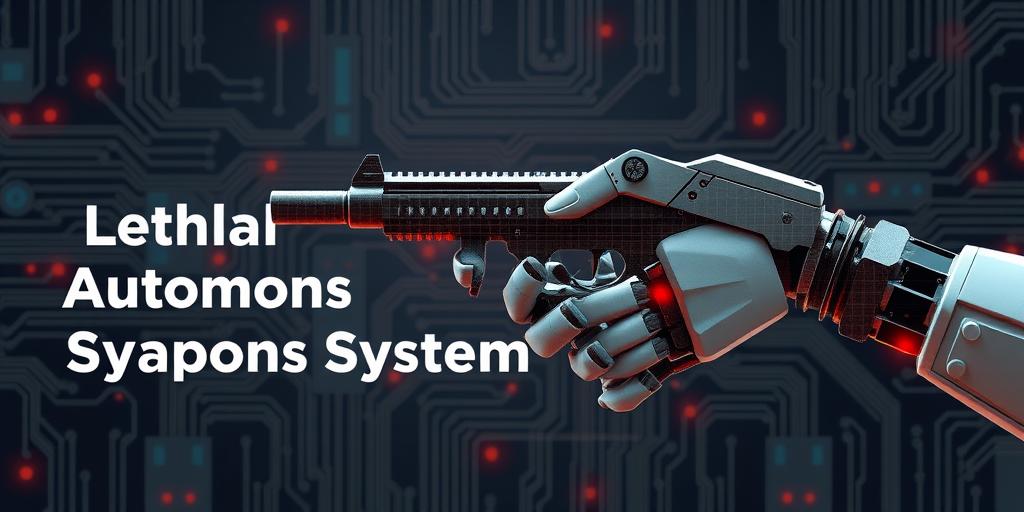Lethal Autonomous Weapons Systems (LAWS), also known as killer robots, represent a significant development in military technology. These systems can select and engage targets without human intervention, raising profound ethical questions. This article examines the core ethical concerns surrounding LAWS, focusing on accountability, the potential for unintended consequences, and the impact on human dignity and international security.
Accountability and Moral Responsibility
One of the most pressing ethical issues is accountability. If a LAWS commits a violation of the laws of war, who is responsible? Is it the programmer, the commanding officer, or the manufacturer? The lack of clear accountability mechanisms complicates legal and moral responsibility. Assigning blame becomes difficult when the decision to use lethal force is delegated to a machine. This ambiguity undermines the principles of justice and the rule of law in armed conflict.
Potential for Unintended Consequences
LAWS operate based on algorithms and data. However, algorithms can be flawed, and data can be biased. This can lead to unintended and discriminatory outcomes. For example, if a LAWS is programmed to identify enemy combatants based on certain characteristics, it may disproportionately target civilians who share those characteristics. The potential for errors and biases raises serious concerns about the reliability and fairness of these systems in complex and unpredictable environments.
Impact on Human Dignity and International Security
The deployment of LAWS could erode human dignity by reducing human involvement in life-and-death decisions. By removing human empathy and judgment from the battlefield, there is a risk of dehumanizing conflict and treating human lives as mere data points. Moreover, the proliferation of LAWS could lead to an arms race, destabilizing international security. If multiple nations develop and deploy these systems, the risk of accidental or unintended escalation increases, potentially leading to large-scale conflicts.
Regulatory and Legal Challenges
The development and deployment of LAWS pose significant regulatory and legal challenges. Existing international laws, such as the Geneva Conventions, were not designed to address autonomous weapons. There is a need for new legal frameworks that explicitly regulate the use of LAWS, ensuring compliance with humanitarian principles and human rights. The international community must grapple with questions such as: Should LAWS be banned altogether? If not, what types of safeguards and limitations should be put in place?
Conclusion
The ethics of LAWS are complex and multifaceted. While these systems may offer potential military advantages, they also pose significant ethical, legal, and security risks. It is crucial for policymakers, researchers, and the public to engage in informed discussions about the future of autonomous weapons. Striking a balance between technological innovation and ethical responsibility is essential to prevent unintended consequences and uphold human values in the age of intelligent machines.









